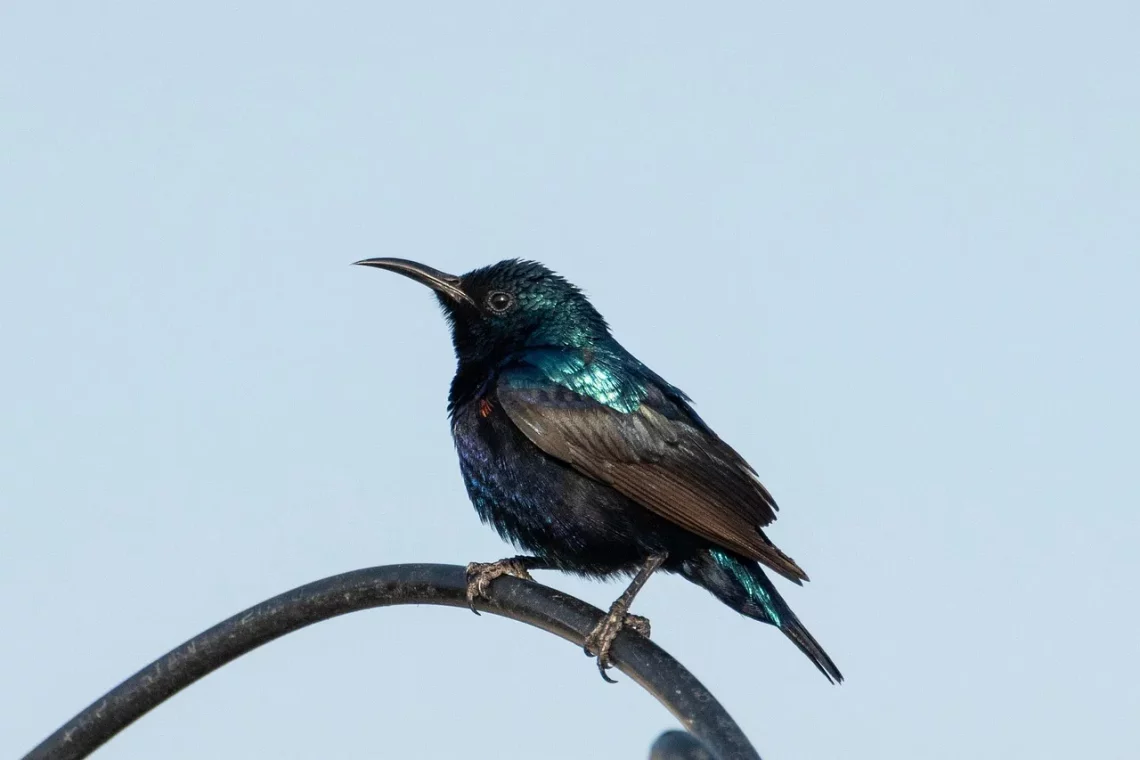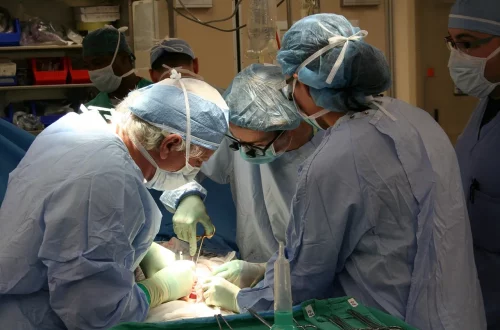
The Best Food Options for Pigeons and Doves to Thrive
Feeding pigeons and doves requires a thoughtful approach to ensure their health and well-being. These birds are not just common sights in urban settings; they are also fascinating creatures with specific dietary needs. Unlike many other pets, pigeons and doves have a unique digestive system that necessitates a balanced diet for optimal health. The right nutrition plays a critical role in their overall vitality, feather condition, and reproductive success.
Understanding the natural feeding habits of these birds can help us provide them with the best possible diet. In the wild, pigeons and doves primarily consume seeds, fruits, and vegetation. They have adapted to a variety of habitats, which means their diet can vary significantly based on their environment. For those who keep these birds as pets or feed them in parks and gardens, it’s essential to replicate their natural diet as closely as possible. This not only satisfies their nutritional needs but also enhances their quality of life.
In this article, we will explore various food options that are suitable for pigeons and doves, highlighting the importance of a balanced diet, the types of seeds they thrive on, and the role of supplements in their nutrition.
Understanding the Nutritional Needs of Pigeons and Doves
Pigeons and doves are granivorous birds, which means their primary food source consists of seeds and grains. However, their nutritional needs extend beyond just these basic components. To thrive, these birds require a well-rounded diet that includes carbohydrates, proteins, fats, vitamins, and minerals. Each of these nutrients plays a distinct role in their health.
Carbohydrates are crucial for energy. Seeds, grains, and legumes are excellent sources of carbohydrates, providing the necessary fuel for their daily activities. Proteins are essential for growth and repair, especially during breeding seasons when the birds are raising their young. Good protein sources include legumes, seeds, and specially formulated pigeon pellets.
Fats are also an important part of their diet, as they provide a concentrated source of energy. However, fats should be given in moderation to avoid obesity. Healthy fats can be found in seeds like sunflower and flaxseed.
Vitamins and minerals are vital for overall health and should not be overlooked. Calcium, for instance, is crucial for strong bones and eggshell formation in breeding females. A lack of calcium can lead to serious health issues. Foods rich in calcium, like leafy greens and certain seeds, should be included in their diet.
By understanding these nutritional needs, bird owners can make informed decisions about the best food options to maintain the health and vitality of their pigeons and doves.
Seed Mixes: The Foundation of Their Diet
A high-quality seed mix forms the backbone of a healthy diet for pigeons and doves. These mixes are typically composed of various seeds that cater to the diverse dietary preferences of these birds. Common ingredients found in seed mixes include millet, corn, wheat, and sunflower seeds.
Millet is often favored for its small size and palatability, making it an ideal choice for both pigeons and doves. Corn provides energy and is particularly beneficial during colder months when birds need extra calories to maintain their body temperature. Wheat is another essential ingredient, offering both energy and fiber.
Sunflower seeds are rich in fats and proteins, making them an excellent addition to any seed mix. They should, however, be given in moderation due to their high-fat content. It’s important to choose seed mixes that do not contain fillers, such as artificial colors or preservatives, as these can be harmful to the birds.
When selecting a seed mix, it’s also advisable to consider the specific needs of the birds. For instance, breeding pairs may require a mix higher in protein to support their reproductive health. Additionally, older or less active birds may benefit from a mix that is lower in fat to prevent obesity.
Regularly providing fresh seed mixes, and ensuring that they are stored properly to avoid spoilage, is key to maintaining the health of pigeons and doves.
The Role of Fresh Fruits and Vegetables
In addition to seeds, incorporating fresh fruits and vegetables into the diet of pigeons and doves can significantly enhance their nutritional intake. These foods provide essential vitamins, minerals, and hydration, which are often lacking in a seed-only diet.
Fruits such as apples, pears, and berries are excellent choices. They are rich in vitamins and antioxidants that can boost the immune system and promote overall health. When offering fruits, it’s important to remove any seeds that may be harmful to birds, such as those found in apples.
Vegetables are equally important. Leafy greens like spinach, kale, and lettuce are fantastic sources of vitamins A and K, as well as calcium. Carrots and bell peppers are also excellent options, providing additional nutrients and variety.
It’s crucial to introduce new fruits and vegetables gradually to avoid upsetting the birds’ digestive systems. Observing their preferences and adjusting their diet accordingly can help ensure they receive a balanced intake of nutrients.
However, care should be taken to wash all produce thoroughly to remove any pesticides or contaminants. Fresh fruits and vegetables should be provided daily, but any uneaten fruits should be removed after a few hours to prevent spoilage.
Commercial Feed and Supplements: Are They Necessary?
While a diet rich in seeds, fruits, and vegetables is foundational, many bird owners wonder whether commercial feed and supplements are necessary. Commercial pigeon and dove feeds are formulated to provide a balanced diet, often enriched with vitamins and minerals that may be missing from a natural diet.
These feeds can be particularly beneficial for those who may not have the time or resources to prepare a varied diet. They often come in pellet form, ensuring that birds receive the necessary nutrients in each bite. It’s recommended to look for high-quality brands that prioritize natural ingredients without artificial additives.
Supplements can also play a role in ensuring that pigeons and doves receive adequate nutrition. Calcium supplements, for instance, are particularly important for breeding females, while multivitamins can support overall health during times of stress or illness. However, supplements should not replace a balanced diet but rather serve as an addition to it.
As with any dietary changes, it’s vital to consult with a veterinarian or avian specialist to determine the best approach for your birds. Each bird is unique, and their dietary needs may vary based on health, age, and activity level.
In conclusion, providing the best food options for pigeons and doves involves a combination of quality seed mixes, fresh fruits and vegetables, and potentially commercial feeds and supplements. By understanding their nutritional needs and preferences, bird owners can contribute significantly to the health and happiness of their feathered companions.
*Disclaimer: This article is not intended as medical advice. For any health-related concerns about your birds, please consult a veterinarian for professional guidance.*




